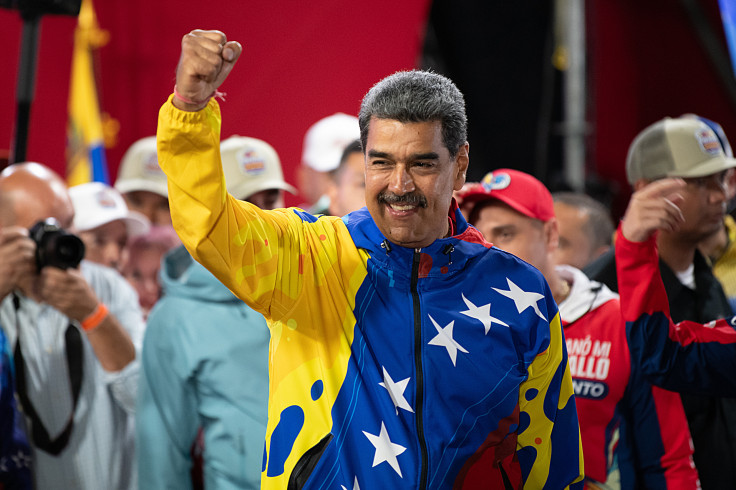
As Donald Trump prepares to begin his second term, the Nicolás Maduro regime in Venezuela will be a salient point in his foreign policy agenda. And a NYT columnist is calling on him to consider the use of military force to remove him from power.
Concretely, columnist Bret Stephens is calling for U.S. military intervention if coercive diplomacy fails to remove Maduro from power and bring an end to Venezuela's crisis. He claimed that, despite previous efforts like sanctions and diplomatic talks, these measures have not worked so far.
Stephens suggests that a peaceful off-ramp could serve as a starting point. The incentive would involve offering Maduro and his close allies permanent exile, likely in Cuba or Russia, and amnesty for Venezuelan military and intelligence officials who pledge loyalty to a legitimate government.
However, he adds, past attempts at change, including a bounty for Maduro's arrest and the failed 2019 revolt, have not achieved any results. Despite millions of people leaving the country and a deep economic crisis, the regime has shown little sign of giving up power voluntarily and has relied on military support and repression to tighten its grip.
That's why the columnist argues the threat of U.S. intervention would likely be the only way to convince Maduro to step down. Drawing on past examples like the U.S. intervention in Panama to remove Manuel Noriega, the columnist believes that military action – though this approach should ideally be a last resort – could swiftly end the Maduro regime and allow for a democratic transition.
Maduro claimed a third term after elections deemed fraudulent by a large portion of the international community. Despite this, Maduro maintains power while opposition leaders like María Corina Machado are forced into hiding and opposition presidential candidate Edmundo González, recognized as the rightful winner by the U.S., is in exile.
While acknowledging the risks, including unintended consequences, the columnist insists that military intervention could be justified. Ending the Maduro regime would address multiple U.S. concerns, such as drug trafficking, regional instability, and the influence of Iran in the Western Hemisphere.
Secretary of State nominee Marco Rubio referred to the Venezuelan crisis during several passages of his confirmation hearing on Wednesday, most notably pointing out that he believes the Biden administration "got played" by the Maduro regime during negotiations regarding last year's presidential election, which Maduro claimed to have won despite a lack of backing documentation.
When answering a question by Senator Rick Scott about his take on some of the most represented nationalities of Florida, Rubio offered detailed commentary on Haiti, Nicaragua, Venezuela and Cuba. "Venezuela, sadly is not governed by a government," said Rubio. "It's governed by a narcotrafficking organization that has empowered itself with a nation state."
One day after being sworn in for a third term as Venezuela's president, Nicolás Maduro addressed widespread international opposition, stating that Venezuela, along with its allies Cuba and Nicaragua, is "preparing" for the possibility of armed conflict.
© 2025 Latin Times. All rights reserved. Do not reproduce without permission.






